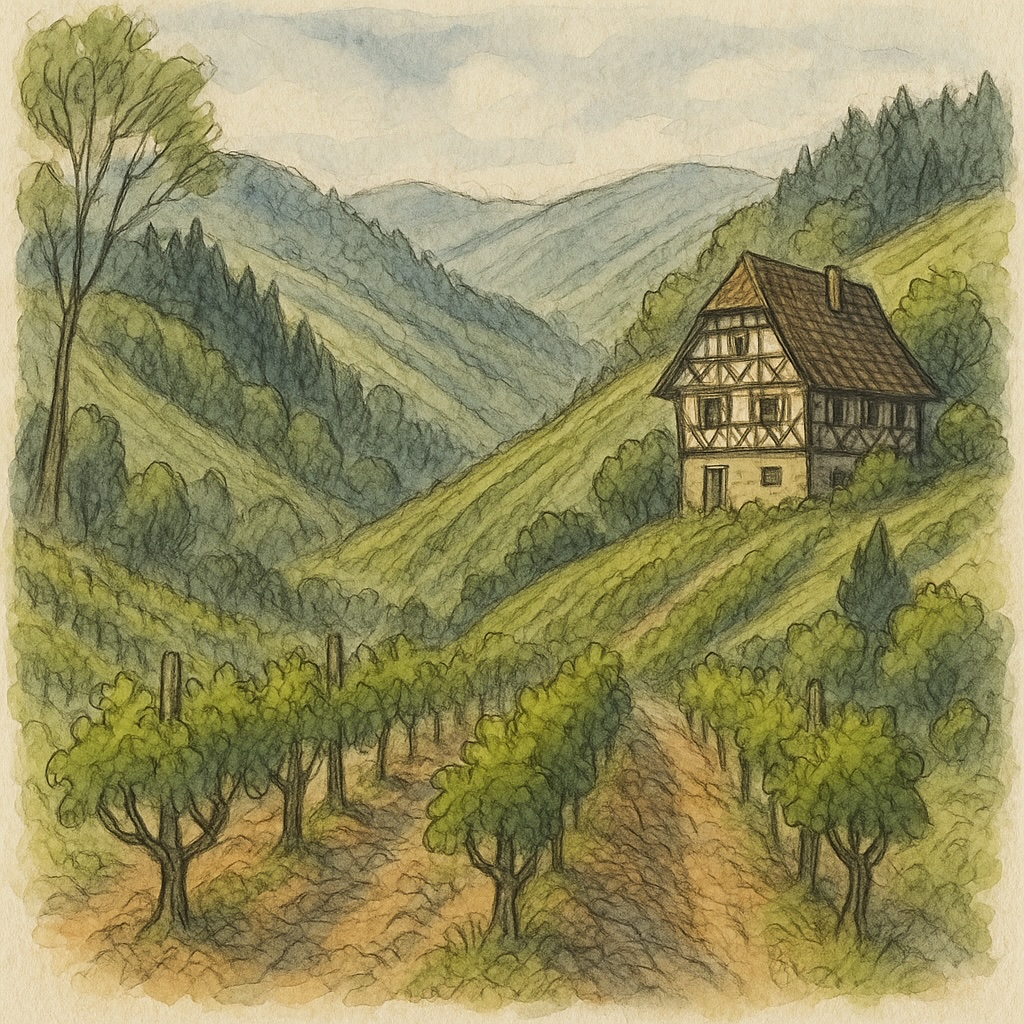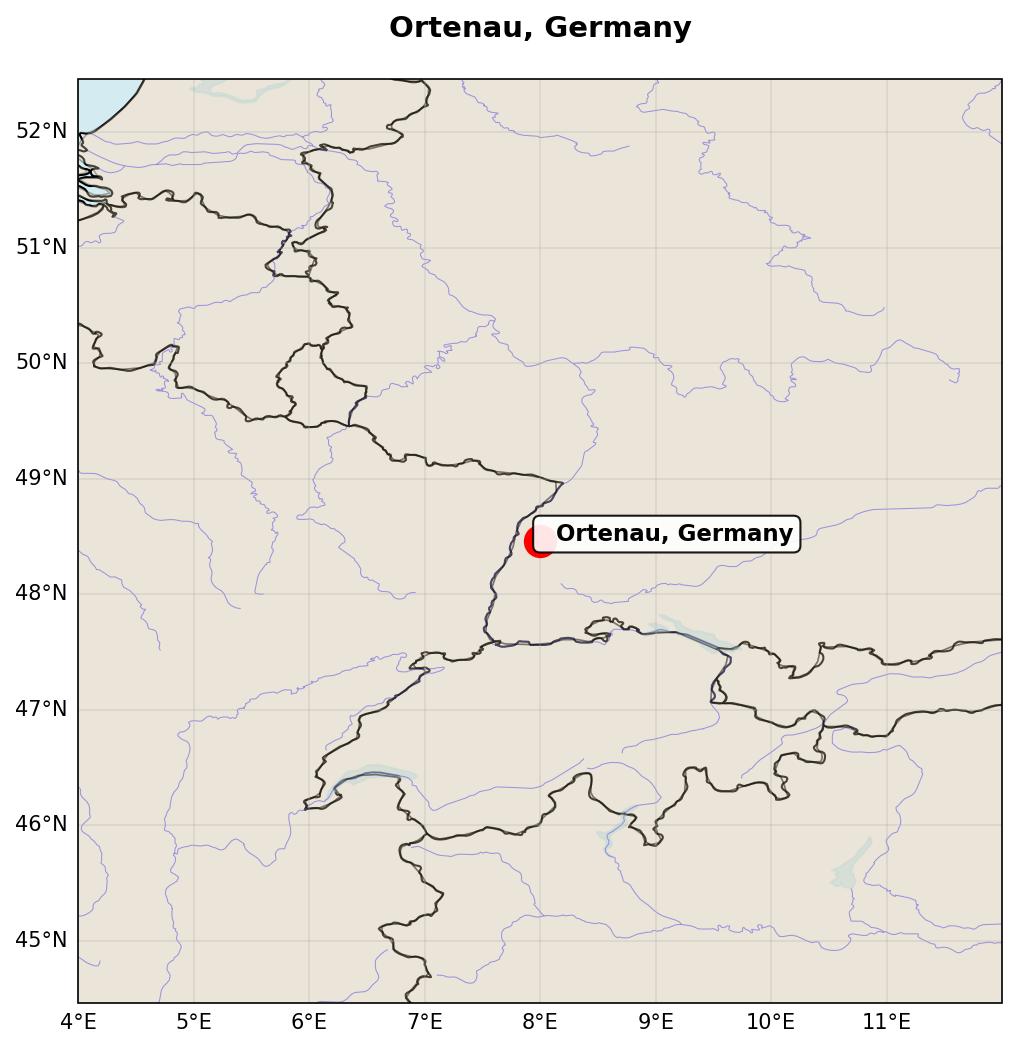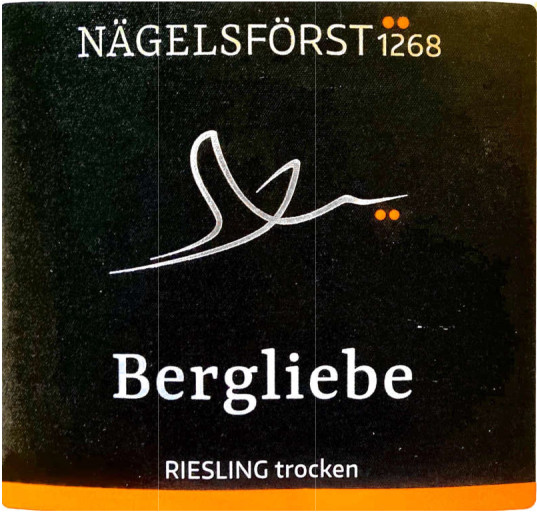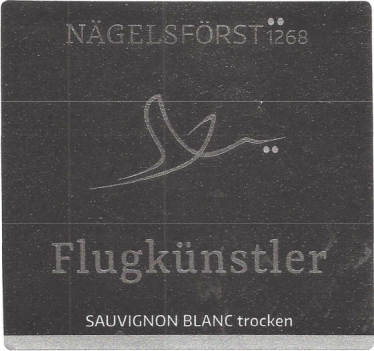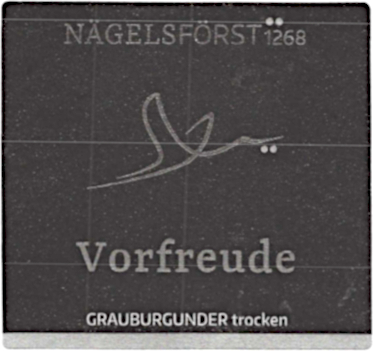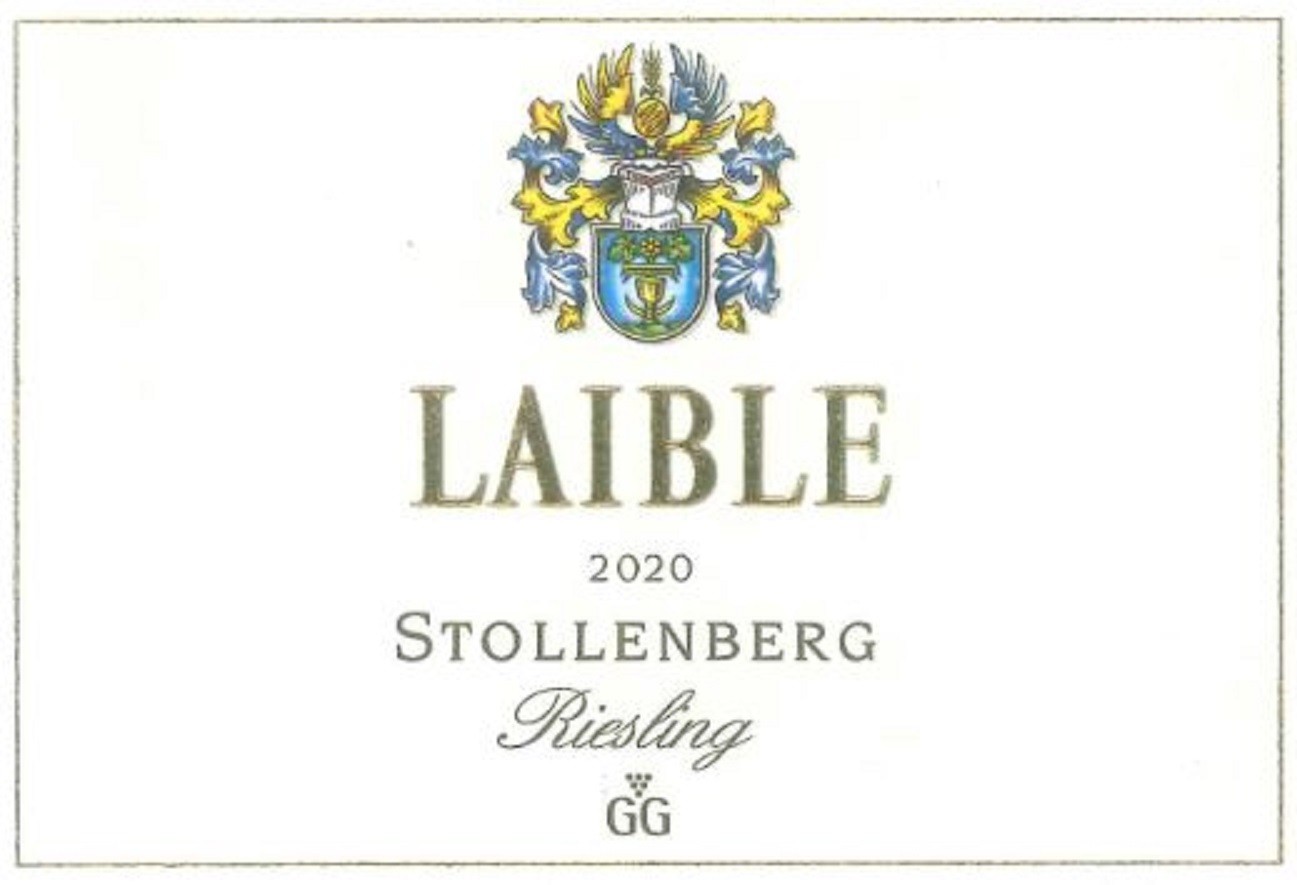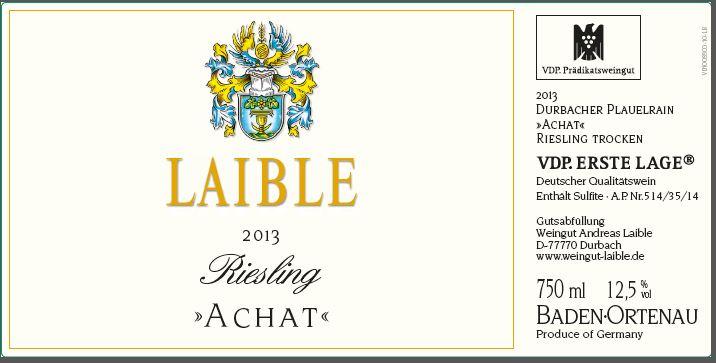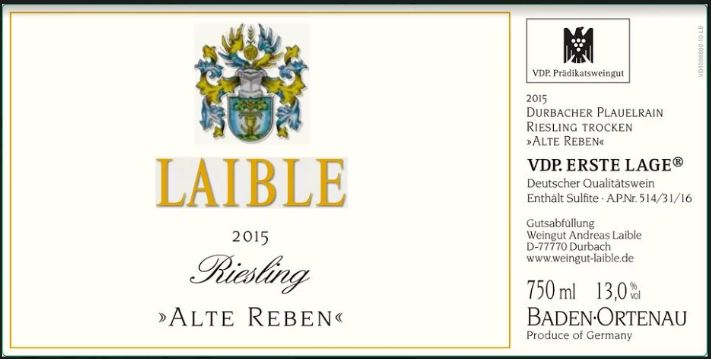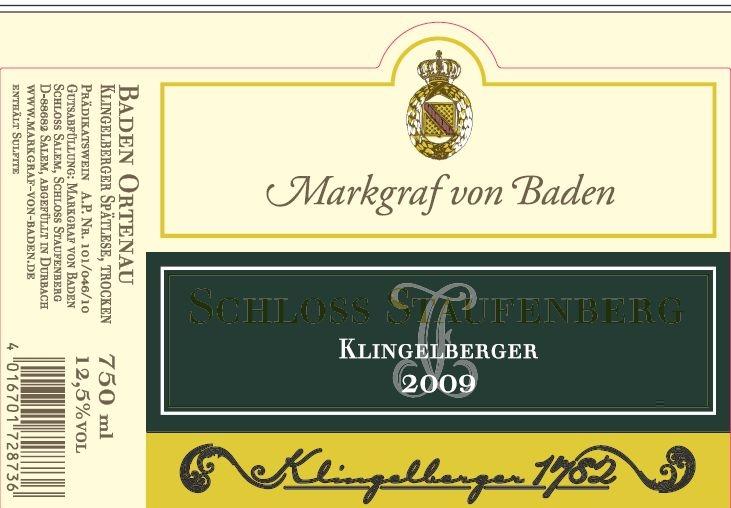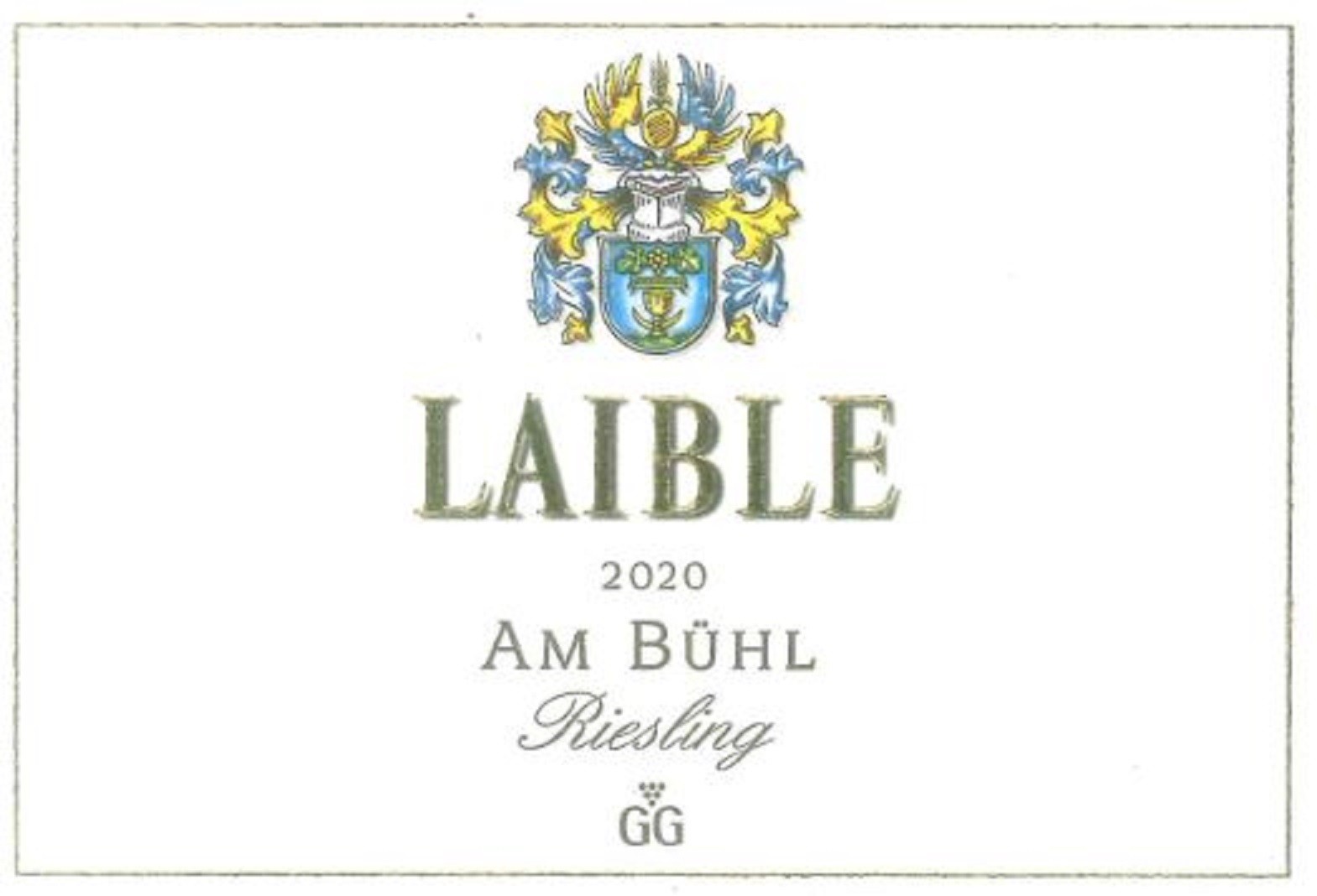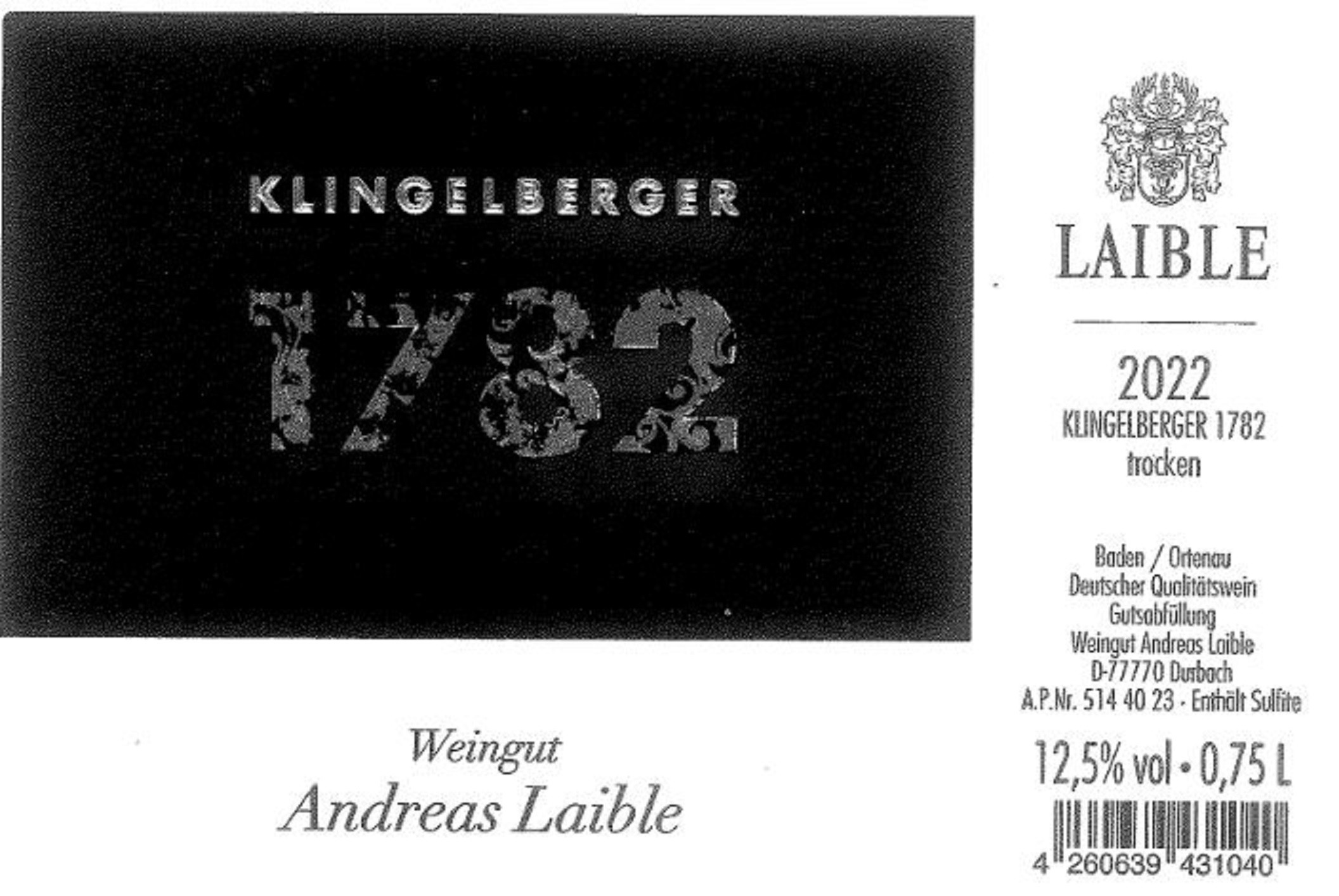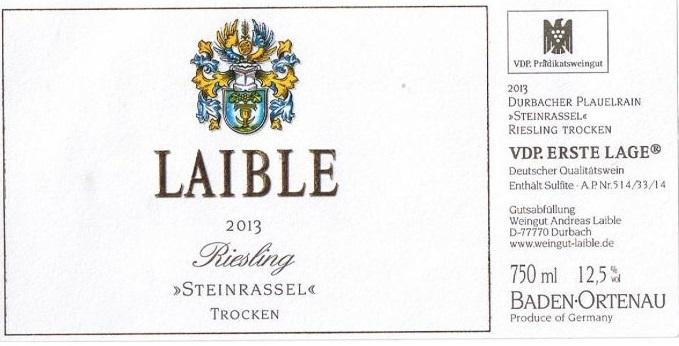Terroir of Ortenau
Ortenau's terroir is shaped by the steep slopes of the Rhine valley and the lower Black Forest, where vineyards enjoy southern and southeastern sun exposure. This setup, along with terracing in areas like Durbach and Neuweier, prevents erosion and aids cultivation. The soils are mainly sandy, made of weathered granite and stones that heat up quickly, helping grape ripening and frost resistance. Unique spots like Durbach’s Plauelrain have light granite sand, while Neuweier’s Mauerberg has a mix of rocks, loess, and clay.
The region's warm, sunny climate, moderated by the Black Forest, is perfect for ripening Pinot and Riesling grapes. Warm, dry summers contrast with cooler spring and fall temperatures, stabilized by heat-retaining soils. Moderate rainfall and cool nights maintain acidity, resulting in wines that are concentrated and expressive of the diverse microclimates.
Notable Wineries in Ortenau
In the heart of Ortenau, a region renowned for its exquisite wines, you'll discover an array of notable wineries that blend tradition with innovation. Here are a few highlights:
- Weingut Andreas Laible: Nestled in Durbach, this family-run estate is celebrated for its lasting Riesling and Spätburgunder, sourced from prime hillside vineyards.
- Durbacher Winzergenossenschaft eG: One of Germany’s oldest cooperatives, it specializes in premium Riesling and Spätburgunder from Durbach’s steep, granite-rich slopes.
- WG Rammersweier: Based in Offenburg, this innovative cooperative produces top-quality wines from both traditional and PIWI varieties.
- Oberkircher Winzer eG: Located in Oberkirch, it blends tradition with modern techniques, excelling in Pinot Noir and dry whites that showcase Ortenau’s unique terroir.
Sustainable Winemaking in Ortenau
Ortenau, a storied wine region in southwestern Germany, is at the forefront of sustainable viticulture. Embracing fungus-resistant PIWI varieties such as Solaris and Cabernet Cortis, local growers reduce chemical sprays, aligning with environmental goals while producing award-winning wines.
Organic and biodynamic practices are gaining traction, with many vineyards receiving certifications from Bioland and Demeter. These methods promote biodiversity by eliminating insecticides and using natural ground cover to protect the soil. On steep slopes, small sheep manage vegetation, offering an eco-friendly alternative to machinery.
Although water scarcity is not a major issue, targeted drip irrigation and mulching are employed during dry spells. Solar panels and energy-efficient wine production methods are increasingly popular, underscoring Ortenau’s commitment to sustainability and climate resilience.
Wine Tourism in Ortenau
Ortenau offers a captivating wine tourism experience, drawing visitors with its lush vineyards and storied winemaking traditions. The Badische Weinstrasse connects charming towns and scenic vineyard trails, perfect for hiking or biking. Wine enthusiasts can savor local Rieslings and Pinot Noirs at family-owned estates, many of which provide tours and tasting rooms.
- Vineyard Trails: Explore Ortenauer Weinwanderwege for breathtaking views and a taste of local viticulture.
- Historic Sights: Discover Ortenberg Castle and the picturesque villages along the Kinzig Valley.
- Culinary Delights: Pair local wines with Black Forest specialties, enhancing the tasting experience.
- Wine Festivals: Participate in vibrant wine festivals and open-cellar weekends to delve into the region's culture.
With its unique blend of nature, history, and wine, Ortenau stands out as a premier wine tourism destination.
